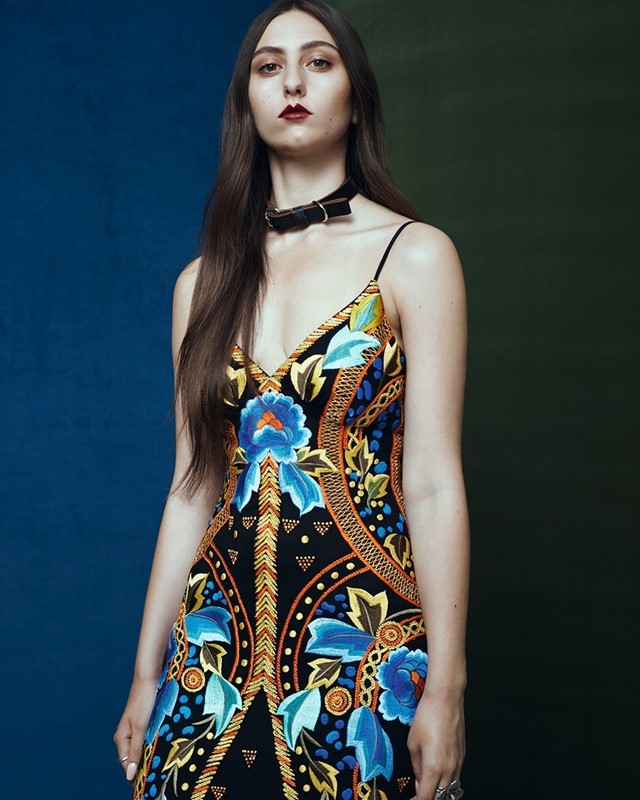The liberal provocateur, editor of Sang Bleu and founder of Wet Satin Press reveals her most influential reads
1. The Story of The Eye by Georges Bataille
"When I was 17, I had a very interesting but pitifully frigid boyfriend. As a teenager, I was feeling a particular surge in my own sexuality which was only stifled by my then-boyfriend's ‘academic rejection’ of the pleasures of sex. Ironically, he told me that I should read this book and that I would love it. He was right; it made me realise that my sexuality was my own and it was there to be explored and enjoyed. Bataille reconfirmed to me that sex was – regardless of your gender – powerful and animalistic, which was exactly what I needed to hear at the time. I’m not sure how many times I’ve read it, but it never fails to entertain me."
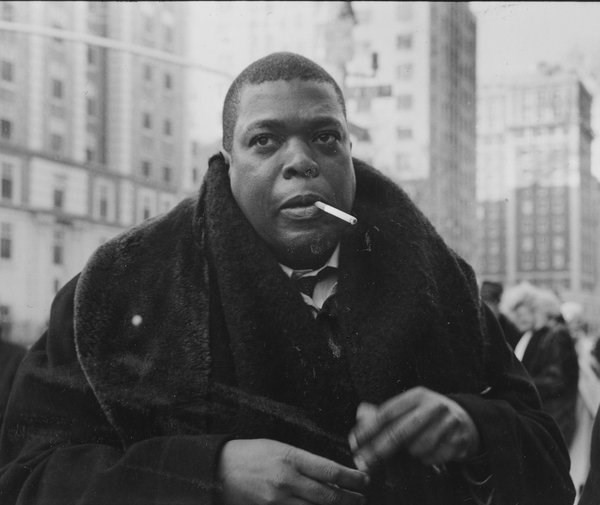
2. White Girls by Hilton Als
"Hilton Als speaks about subjects that we don’t want to speak about because they will make us feel uncomfortable with brutal honesty. A gay African American with a respected career as a writer, in White Girls Als isn’t speaking to middle English or American biggots, but rather to middle class white women who consider themselves cultivated and cultured.
Well, actually the concept of what a white girl is transgresses various forms and physicalities throughout this selection of essays. Race becomes something beyond skin colour but rather an attitude, a comfortable stereotype, an adaptable behaviour. As a white passing woman who would like to consider myself someone who actively tries to behave with socialist values, Als’ writing shocked me. It made me reconsider my privilege and the reality of the vast and saddening divide that splits so many of us in all of its nuances."
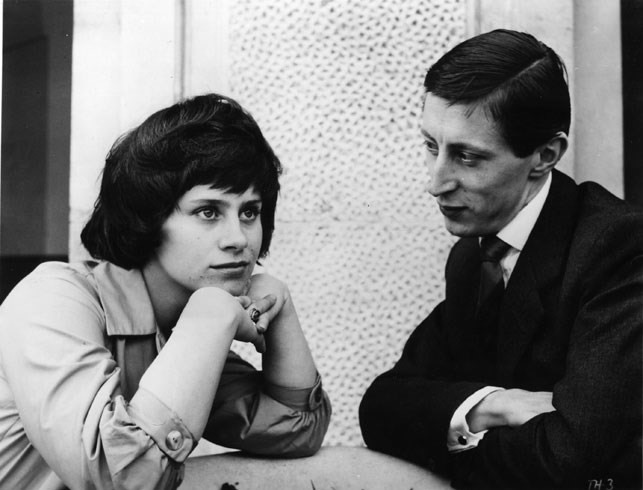
3. A Taste of Honey by Shelagh Delaney
"Maybe I love this book because I love the film too, which I actually saw first. Shelagh Delaney wrote this in 1958, when she was only 18. Her protagonist Jo is a 17-year-old working class girl in Salford who, after a love affair with a black sailor, finds herself pregnant and subsequently disowned by her mother. She makes a home with her gay best friend who acts as the baby’s surrogate father. The play was shocking at the time for raising England’s prejudices and working class realities in a post-war Britain – but simulatenusly portrays the strength of the human character.
My grandmother fell pregnant with my mother by a Pakistani man in 1954, when she was 17 and still at school living on a Manchester council estate. For me, the unadulterated bigotry that surrounded the ‘taboo’ of my mothers birth has always remained a guttural motive to understanding and wanting to challenge conservative values. The similarities of these stories endlessly and relentlessly inspire me."
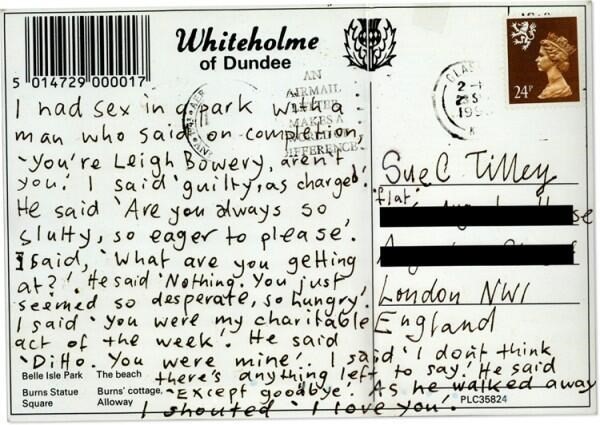
4. The Life and Times of Leigh Bowery by Sue Tilley
"Growing up in a very boring town as a teenager, stumbling across Charles Atlas’ documentary about Leigh Bowery on TV late one night probably changed my life: I immediately tracked down Sue Tilley’s brilliant biography about Bowery’s unmatchable individuality. Tilley recounts a period in time when London’s last real subculture that wasn’t totally engrossed by capitalism took place and how Bowery helped pioneer it.
Is there really anyone who so actively and joyously acted as an authentic version of themselves? Will there ever be a character who possesses as much vibrant originality ever again in the context that he did? People try and mimic Bowery – but its not happening.
I love this book because Tilley recounts the incredible humour, fun, creativity, anger and sadness of Bowery’s full but too short life in a way that only a true friend could. I never really wanted the book to end. It also made more excited to move to London than anything else ever had, and reinforced my ideas of the importance radical individuality against the mundane and complacent."
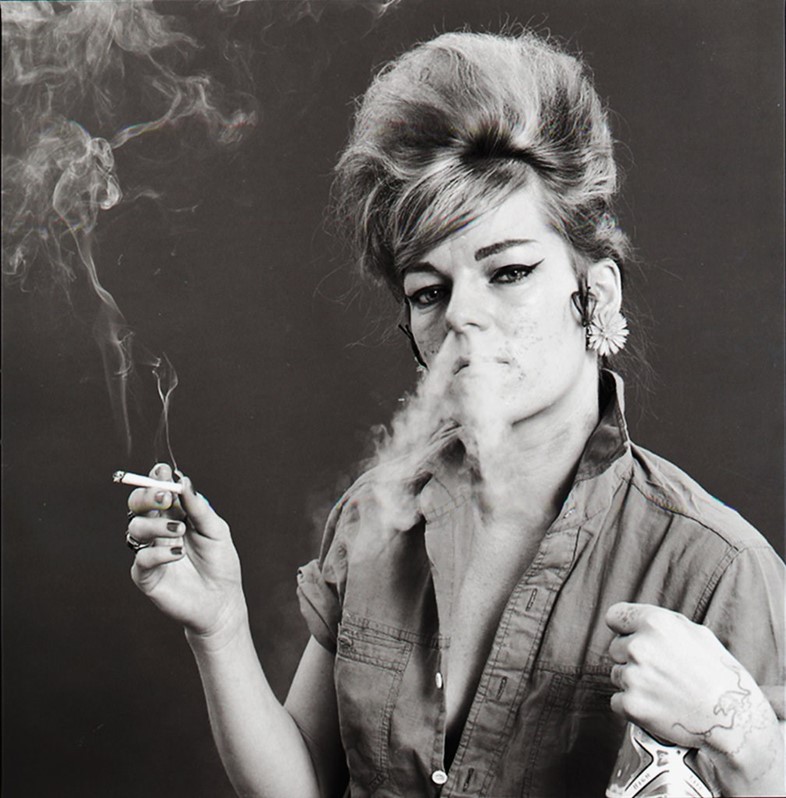
5. Walking Through Clear Water in a Pool Painted Black by Cookie Mueller
"Sometimes I get a huge craving to read books written by women, usually books where there is some great truth, where I feel like a woman is talking about the female experience in a way that I can relate to. Don’t we all sometimes want to be told that our emotional reactions are justified or shared? Usually Chris Kraus, Jean Rhys, Anaïs Nin or Susan Sontag do this for me but when thinking about choosing my last book this one seems perfect. I only read it last week but the John Walters/Nan Goldin/Peter Hujar/Haight Street icon Cookie Mueller’s small book of anecdotes from her extraordinary life made me really think about the kind of woman that I wanted to be.
Mueller was a mixture of being utterly unforgiving in her values, a caring friend, lover and mother, adventurous in a way that most people will never experience, cutting edge in her work and humble, while simultaneously remaining at the heart of the avant garde. 25 years after her death, these elements of her personality still seem progressive for a woman to possess, which is what makes her so fascinating and inspiring."
